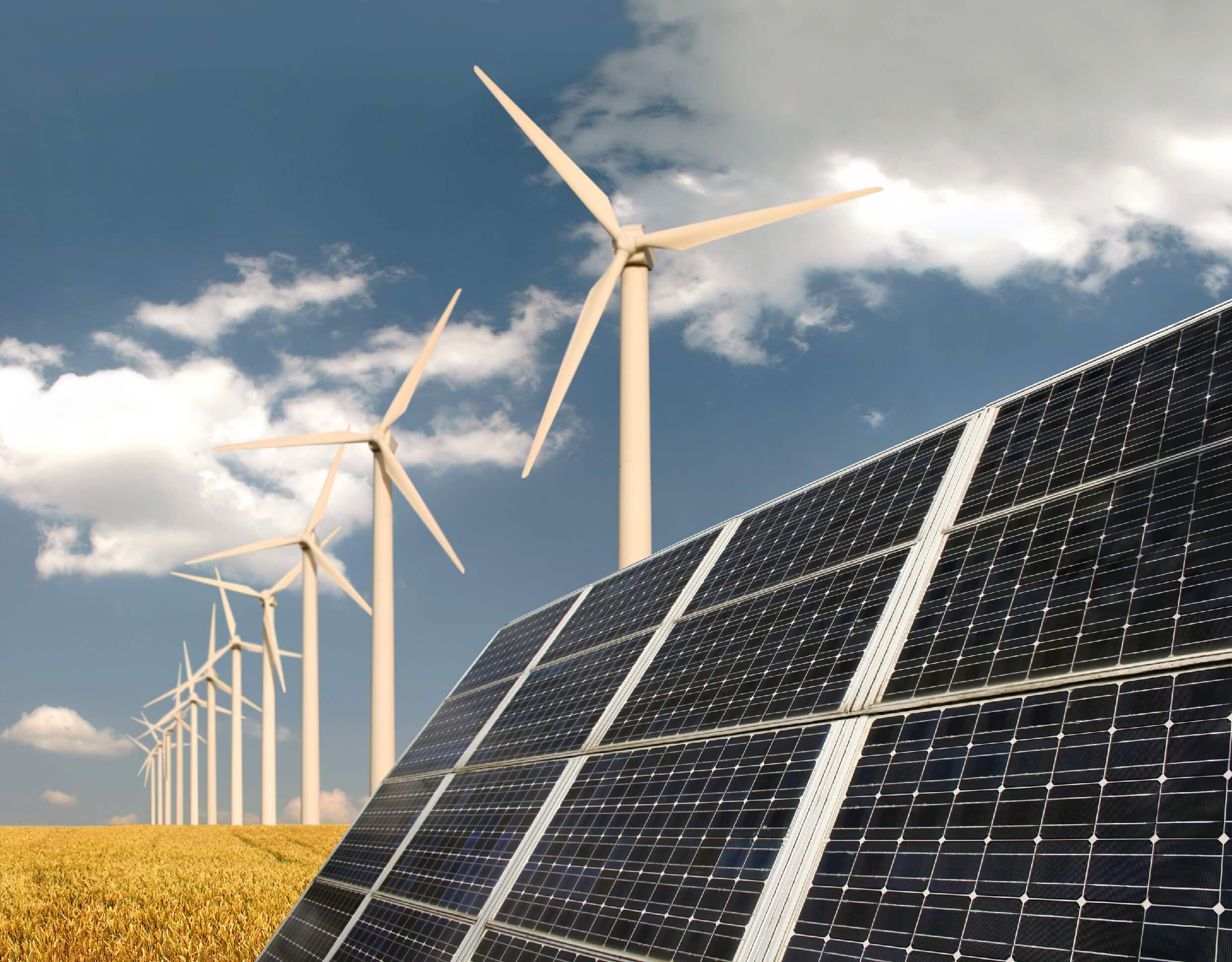UAE Set to Exceed 2030 Renewable Energy Targets as IEA Highlights Key Industry Challenges
The United Arab Emirates (UAE) is on track to surpass its renewable energy capacity goals for 2030, according to the latest report by the International Energy Agency (IEA), titled Renewables 2024. This comes as part of the broader regional goal set by the Middle East and North Africa (MENA) to achieve a combined capacity of 201 gigawatts (GW) of renewable energy by the end of the decade.
While the UAE is making significant progress, the report highlights potential shortfalls in the overall MENA region, forecasting that the target may be missed by 26%. Countries such as Saudi Arabia, Egypt, and Algeria, which collectively represent nearly 60% of the region’s total ambition, are expected to face challenges in meeting their 2030 renewable energy targets despite a more optimistic outlook than last year.
The IEA identifies three critical factors that could drive a 60% increase in renewable capacity across the region, potentially adding an additional 152 GW of energy to help bridge the gap.
Faster Auction Processes: A key recommendation from the IEA is to accelerate the auction timelines for renewable energy projects. Current processes, which involve opening tenders, selecting winners, and signing Power Purchase Agreements (PPAs), can stretch beyond a year. Streamlining these steps would help bring projects to market more efficiently, boosting installed capacity sooner.
Enhanced Regulatory Environment: The report also calls for improvements in the policy and regulatory frameworks governing distributed solar photovoltaic (PV) systems. Although some MENA countries have established legal structures for self-consumption and net metering, the commercial and residential deployment of such systems remains low. The UAE is one of the few countries in the region that has successfully implemented these frameworks.
Greater Market Participation: Finally, the IEA underscores the importance of encouraging more industrial electrification and removing entry barriers for new players in the renewable energy market. Expanding access to corporate PPAs could significantly increase renewable energy adoption by businesses and industries.
With these measures in place, the MENA region, including major players like Saudi Arabia and Egypt, could see accelerated growth in renewable energy, bringing them closer to their ambitious 2030 goals. However, the UAE stands out as a regional leader, already exceeding expectations and setting a strong example for others to follow.







